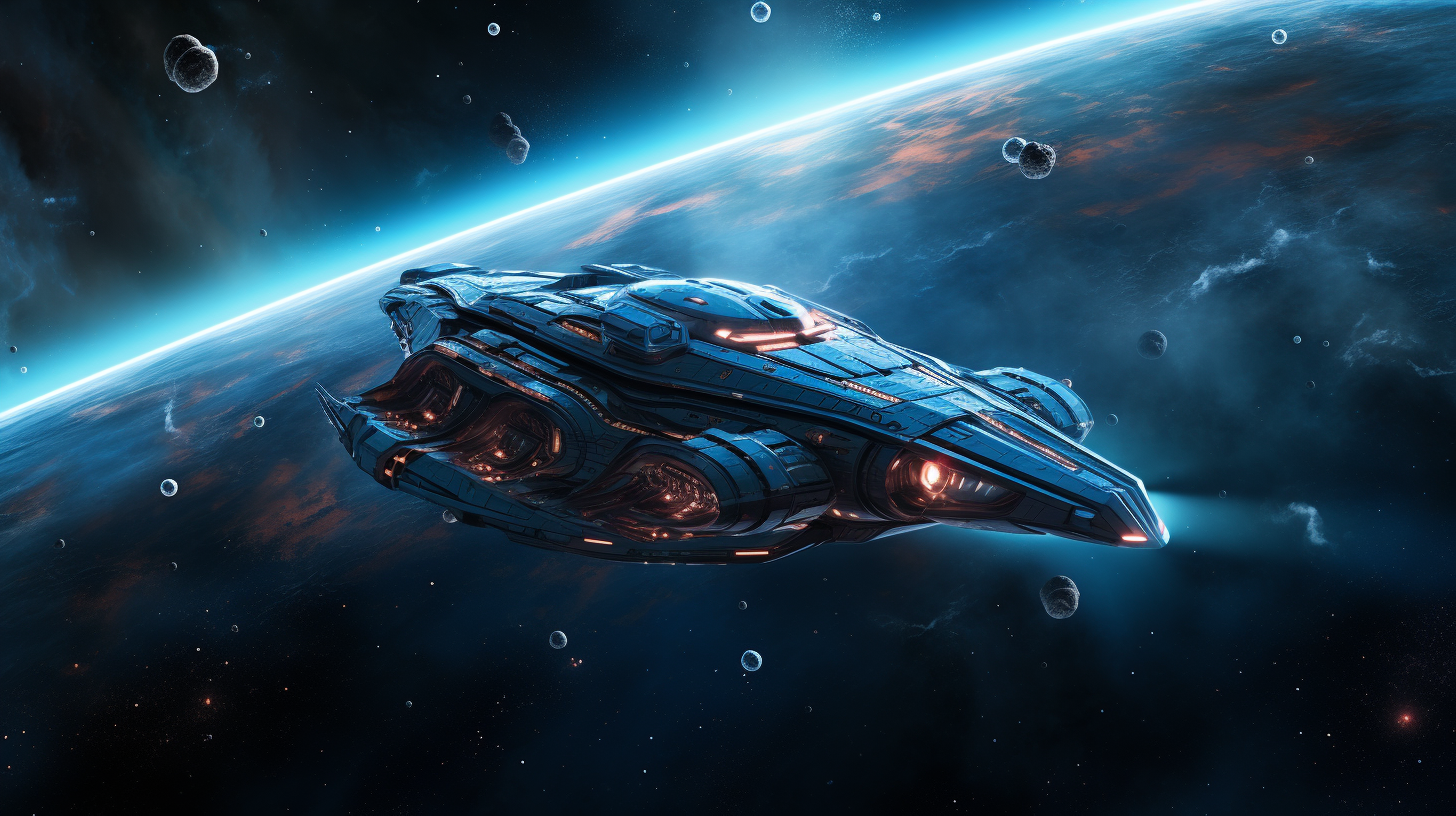Arriving in the mid-20th century, a genre emerged with a unique purpose – captivating audiences by pushing the boundaries of creativity. In 1965, CBS propelled this movement with “Lost in Space,” posing the intriguing question of how deep one can journey into the enigmatic. This groundbreaking show transported viewers to the futuristic setting of 1997, where a space colonist family confronted alien realms and unexpected obstacles. This trailblazing series marked the beginning of a significant shift; the subsequent year, NBC introduced “Star Trek,” narrating the adventures of a starship’s crew as they navigated uncharted territories and encountered new civilizations. Unbeknownst at the time, these shows would leave a lasting impact on the American perspective of the vast cosmos.
Collectively, these series conveyed a recurring theme: humanity’s future lay beyond Earth, exploring the vast galaxy. What captivates the audience is that these shows aired prior to mankind’s first steps on the lunar surface, providing a vicarious glimpse into the imaginative realms envisioned by those anticipating a cosmic destiny.
Fast-forward to today, where we find ourselves inhabiting a reality once restricted to dreams. While we have not boldly traversed the universe as depicted in those TV series, our technological advancements have been remarkable. This raises a fascinating question: does science fiction serve as a form of prophecy? Has it evolved over time from fictional stories to accurate forecasts?

Science fiction has consistently foreseen what would later manifest as scientific realities. Yet, some theorists propose a more extraordinary notion: that creative minds throughout history may have drawn inspiration from external influences, possibly of extraterrestrial origin. Could it be that science fiction creators acted as conduits for ideas imparted to them by beings from realms beyond our own?
The concept that extraterrestrial factors have influenced our comprehension of science and technology is enthralling. It prompts contemplation on whether the visions depicted in science fiction provide glimpses into our imminent reality, brought to life by imaginative minds. If past visionaries accurately foresaw modern technology, should we view present-day sci-fi as a guide to humanity’s future era?
When contemplating our future, a prevalent theme in modern science fiction revolves around transferring human consciousness into digital realms. This concept intrigues and unsettles. While digital existence sparks curiosity, it also raises concerns about privacy breaches and erosion of individual identity. Balancing the pursuit of progress with preserving our humanity is a delicate challenge.
Advocates of ancient astronauts extend this discourse further by suggesting that the bleak future scenarios portrayed in contemporary science fiction may not just be predictions but cautionary signals. They argue that these warnings aim to assist humanity in averting potential disasters.
Featured Video:
To conclude, the fusion of science fiction, scientific advancements, and the potential influence of extraterrestrial beings on human development remains a topic that constantly captivates and stimulates introspection. While confirming or disproving such assertions presents challenges, we can appreciate how sci-fi consistently pushes the boundaries of imagination, offering us glimpses into tomorrow from the most unexpected sources – whether terrestrial or otherworldly. As we gaze towards the future, it is crucial to acknowledge the lessons and insights that science fiction may offer for our collective destiny, along with the responsibility that accompanies shaping our own fates.
